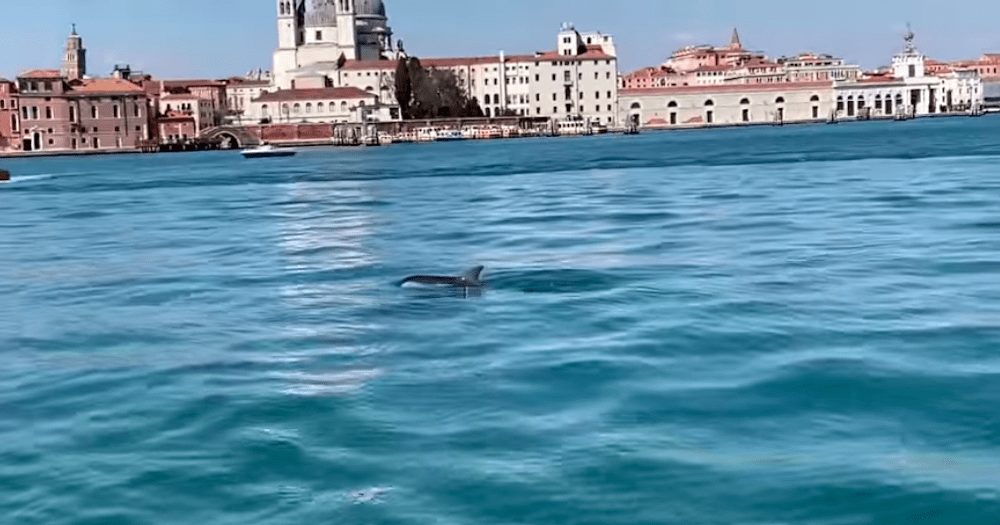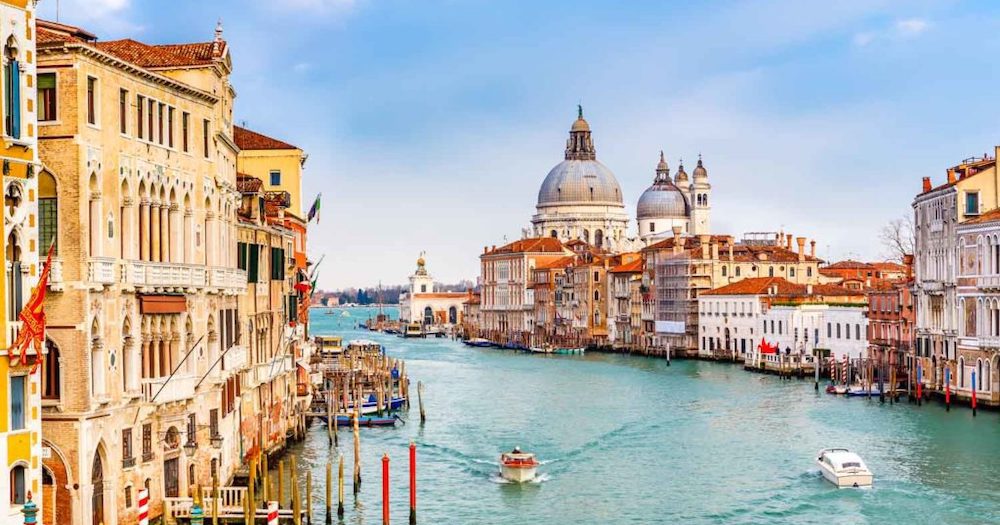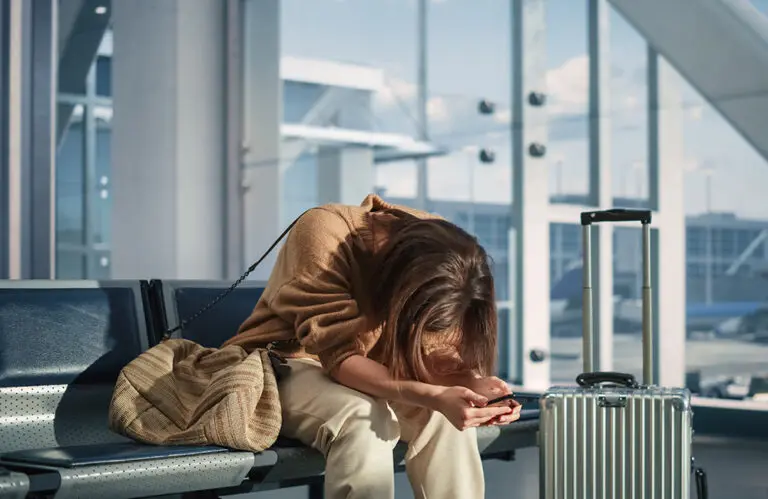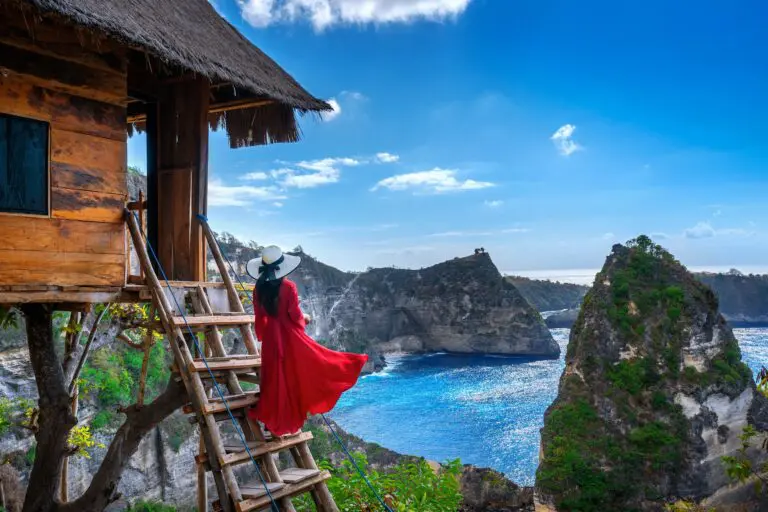In a bid to combat overcrowding, officials from a control room inside the police headquarters in Venice will be tracking every traveller that sets foot in the lagoon city.
The next time you’re in Venice, make sure you smile at the camera, as Big Brother will be watching you. Big Brother, of course, being Venice officials on a mission to save the city from mass tourism.
Using 468 CCTV cameras, optical sensors and a mobile phone-tracing system, these officials will be able to tell residents from visitors, Italians from foreigners, where people are coming from, where they are heading and how fast they are moving.
Every 15 minutes, authorities get a snapshot of how crowded the city is – alongside how many gondolas are sliding on the Canal Grande, whether boats are speeding and if the waters rise to dangerous levels.
Now, a month after cruise ships were banned from the lagoon, Venice city authorities are also preparing to demand that tourists pre-book their visit on an app and charge day-trippers between 3 and 10 euros to enter, depending on the time of the year.
Airport-like turnstiles are being tested to control the flow of people and, should the numbers become overwhelming, stop new visitors from getting in.
Residents, students and commuters will be exempt from the tourist tax. So will those spending at least one night in a Venice hotel, given they will have already paid the overnight tariff of up to 5 euros a day levied by the city.

Venice mayor Luigi Brugnaro says his aim is to make tourism more sustainable in a city visited by 25 million people a year. But he acknowledges the new rules are likely to be a hard sell.
“I expect protests, lawsuits, everything…but I have a duty to make this city liveable for those who inhabit it and also for those who want to visit,” he told foreign reporters on Sunday.
Brugnaro brushed aside concerns about privacy, saying the data collected was anonymous. But his message was clear: by controlling the number of tourists that come to Venice, he also wants travellers to behave.
“There’ll be conditions attached to obtain priority bookings and discounts,” he said. “You can’t come in your swimming suit. You can’t jump from a bridge or get drunk. Whoever comes must respect the city.”

The scheme, first mooted in 2019, was postponed because of COVID-19. During last year’s lockdown, Venetians marvelled at their city’s narrow alleys for once without throngs of tourists, the lagoon waters made pristine by the absence of motorboats.
But as visitors returned to pack St Mark’s Square this summer, officials say Venice cannot afford, for its own survival, to let the numbers go unchecked.
Brugnaro said authorities had yet to decide how many people was too many, and when the new rules would kick in, though they were expected to come into force between next summer and 2023.
What do you think about the initiative? Let us know, email editor@karryon.com.au.
Source: AAP.






